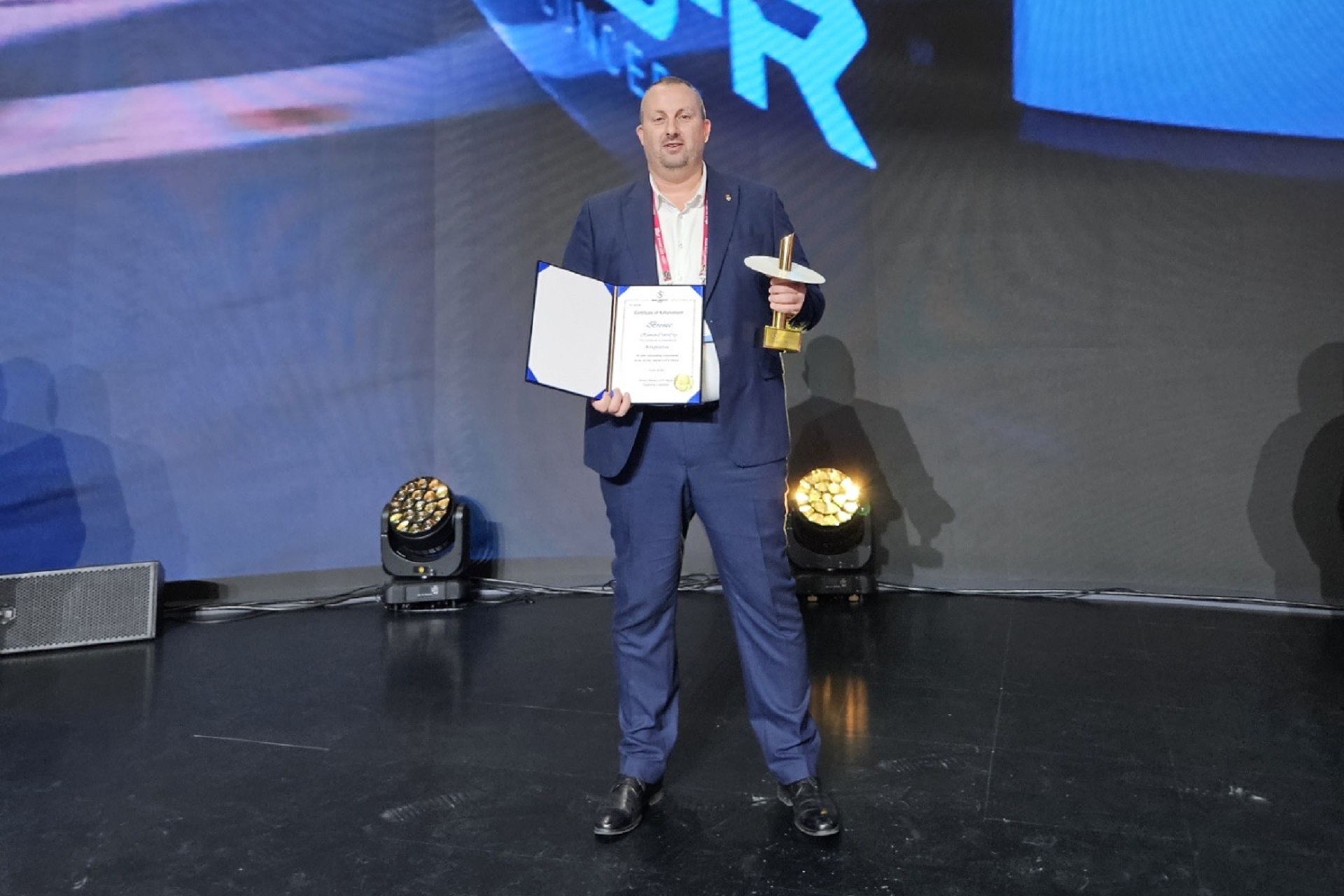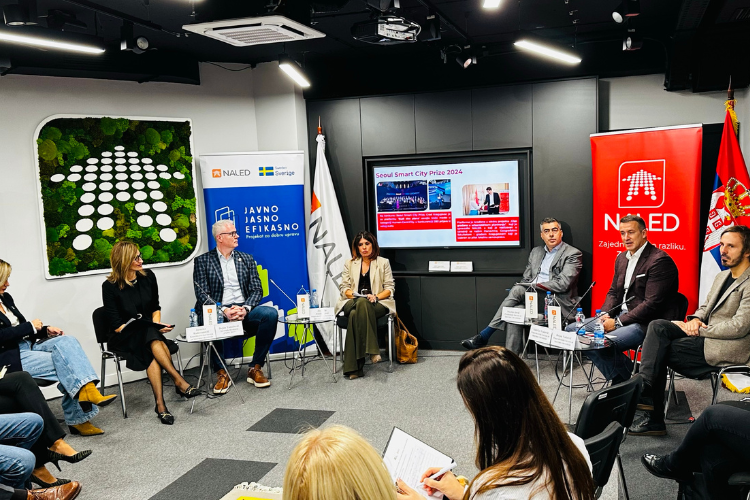Optimizing the demand for energy sources is the first prerequisite on the path to energy transition, which also involves the gradual shift to renewable energy sources as a replacement for fuels whose use causes the greenhouse effect and negatively impacts the health of living beings and climate change.
Support for Sustainable Energy Development and Establishing Conditions for Energy-Efficient Buildings
Donor: USAID Better Energy
Beneficiaries: Local governments
Project Duration: November 25, 2024 – March 31, 2026
"Support for Sustainable Energy Development and the Establishment of Conditions for Energy-Efficient Buildings," implemented with the support of USAID Better Energy.
As much as 75% of the total population of Serbia lives in urban areas, primarily in multi-story residential buildings, which lag behind modern energy standards. In order to optimize energy production needs and ensure efficient energy use, it is crucial to reduce the use of energy sources whose extraction, combustion, and byproducts pollute the environment. Optimizing energy needs is the first prerequisite on the path to energy transition, which also involves the gradual shift to renewable energy sources, replacing fuels that contribute to the greenhouse effect and negatively impact the health of living beings and climate change.
Local governments play an important role in educating the local population about the significance and benefits of implementing the energy transition. They need support to understand the advantages and prepare appropriate strategies to assist citizens with financial, technical, and educational support for the energy transition. In practice, local authorities are the first, and sometimes the only, informational resource for citizens.
Considering the role and importance of local governments, the project includes the selection of 10 pilot local governments based on predefined criteria. For these municipalities, the following activities are planned: preparing training programs for officials, providing support in developing local development strategies, preparing action plans and budgets to raise awareness among the local population, and planning activities for the implementation of energy efficiency measures, initially for multi-story residential buildings, and later for other facilities.
Key Activities:
- Strengthening the capacities of stakeholders at the national and local levels to promote sustainable energy development, with a special focus on energy efficiency in residential buildings.
- Supporting initiatives in the field of energy efficiency and sustainability that contribute to achieving broader ecological and economic benefits.
- Building the capacity of local self-government units (JLS) with the goal of establishing local financing models for the energy renovation of public buildings and residential buildings.
Expected Results During the Project:
- Formation of the Sustainable Energy Development Council (SOER) that will enable more integrated strategic action and advocacy for improving energy efficiency measures.
- Built capacity in 10 local governments, which will have created financing models to improve energy efficiency for both public buildings and multi-story residential buildings.




